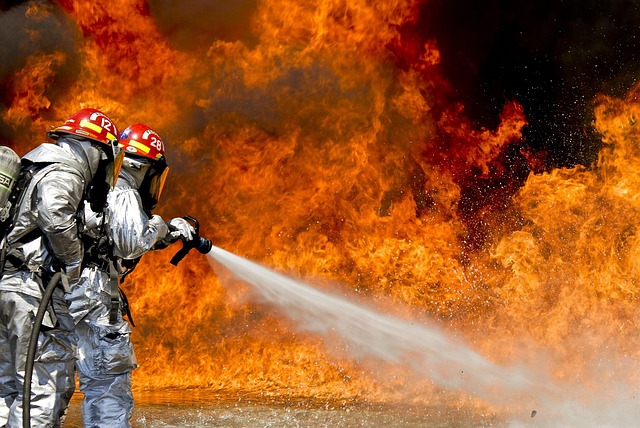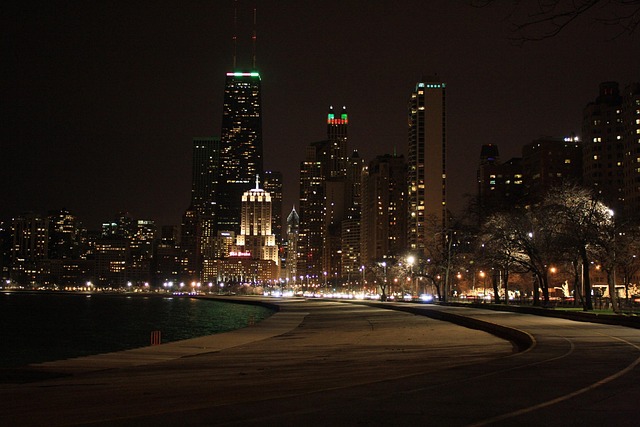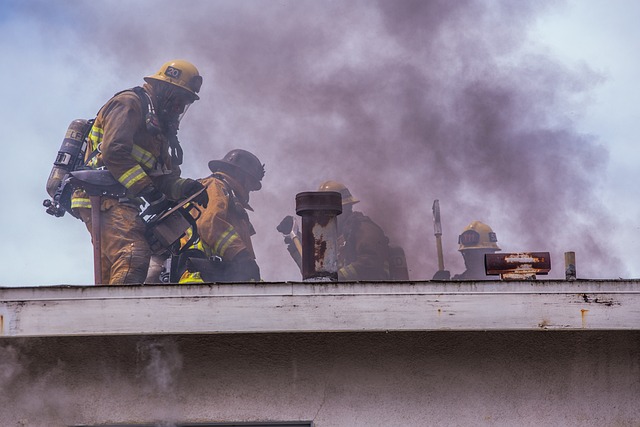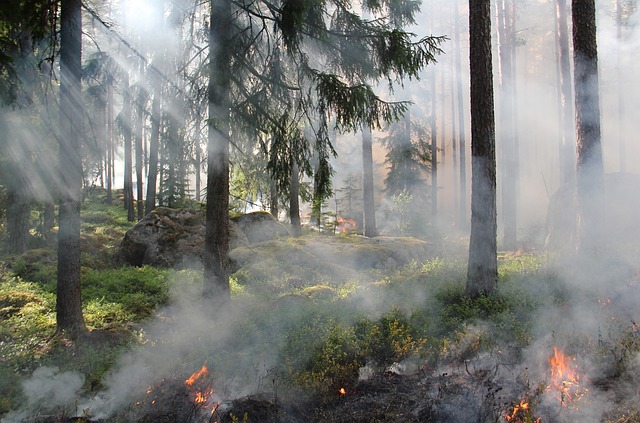Chicago's real estate market presents unique opportunities for investors, driven by economic growth and diverse job sectors, leading to steady property value increases. Selling houses with fire damage can be lucrative, but it requires meticulous navigation of stringent building codes, insurance requirements, legal disclosures, and competitive market dynamics. Successful strategies involve strategic renovations, understanding local fire patterns, expert knowledge of regulations, and informed decision-making based on potential appreciation post-renovation. By addressing challenges and leveraging trends, investors can turn fire-damaged properties into profitable ventures while contributing to urban renewal.
“Chicago’s real estate landscape presents a unique blend of opportunity and challenge for investors. This city, known for its vibrant culture, offers an intriguing market dynamic, especially with the occasional impact of fires on properties.
Our article guides you through the intricacies of navigating a fire-damaged selling house in Chicago. From understanding market trends to legal considerations, it explores strategies that have proven successful for investors. We delve into case studies, providing insights into how to approach fire damage as an opportunity rather than an obstacle.”
- Understanding Chicago's Real Estate Market: Trends and Opportunities for Investors
- Navigating Fire Damage: Challenges and Considerations for Sellers in Chicago
- The Impact of Fire on Property Values: A Local Perspective
- Strategies for Successful Investments: Case Studies from Chicago's Real Estate Scene
- Legal and Financial Aspects: Preparing to Sell a House with Fire Damage in Chicago
Understanding Chicago's Real Estate Market: Trends and Opportunities for Investors
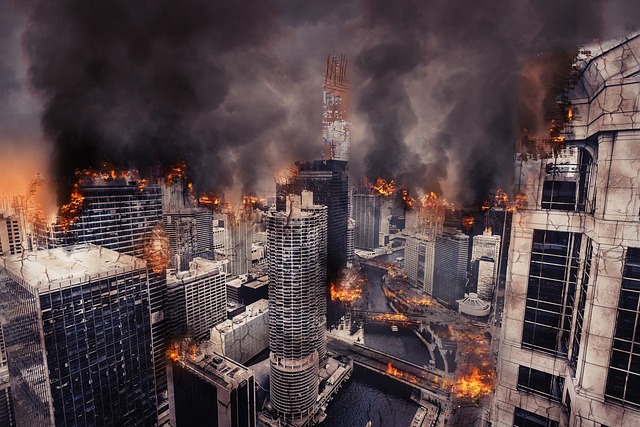
Chicago’s real estate market is a dynamic and ever-evolving landscape, presenting both challenges and opportunities for investors. The city has seen a steady rise in property values over the past decade, driven by its thriving economy, diverse job sectors, and robust infrastructure. This growth is particularly evident in neighborhoods like Lincoln Park, Wicker Park, and Bucktown, where historic buildings and modern developments coexist, attracting both young professionals and families.
When it comes to investment strategies, Chicago offers a range of options. For instance, fixing up and flipping houses has gained popularity, especially with the presence of properties that may have sustained fire damage. Selling a house with fire damage in Chicago can be a lucrative opportunity for investors who can recognize the potential beyond the initial repair costs. The city’s strong rental market also provides stable income streams, making it an attractive option for those looking to build long-term wealth through real estate investments.
Navigating Fire Damage: Challenges and Considerations for Sellers in Chicago

Navigating fire damage can be a significant challenge for sellers looking to market their properties in Chicago. The city’s strict building codes and insurance requirements create a complex process that demands careful consideration. When a home sustains fire damage, sellers must promptly assess repair options, understanding that extensive renovations may be needed to meet code standards. This process involves meticulous planning, budgeting, and potential delays, all of which can impact the selling timeline.
Chicago’s competitive real estate market exacerbates these challenges. Sellers face the dilemma of either repairing the property themselves or opting for partial or full demolition, depending on the extent of damage. Additionally, they must disclose any fire-related incidents to prospective buyers, ensuring transparency and potentially influencing negotiations. Efficient navigation of these issues requires expertise in local regulations and a deep understanding of Chicago’s real estate dynamics.
The Impact of Fire on Property Values: A Local Perspective

In Chicago, a city known for its rich history and architecture, fires have had a significant impact on property values over the years. When a house suffers fire damage, it can be a disheartening experience for homeowners, but it also presents unique challenges for real estate investors. The extent of the damage plays a crucial role in determining the future value of these properties. In some cases, minor fires might only result in superficial scars, making the home still highly desirable and valuable. However, extensive blazes can leave severe structural issues that may require substantial rebuilding efforts, potentially impacting the property’s market value significantly.
For real estate investors in Chicago, understanding the local fire patterns and their aftermath is essential. While selling a house with fire damage might seem daunting, investors who navigate these situations expertly can secure lucrative deals. By assessing the repair costs versus the potential appreciation after renovation, savvy investors can turn challenges into opportunities. This local perspective on fire impacts property values is vital knowledge for anyone navigating the Chicago real estate market, especially those considering purchasing or investing in areas prone to fires.
Strategies for Successful Investments: Case Studies from Chicago's Real Estate Scene
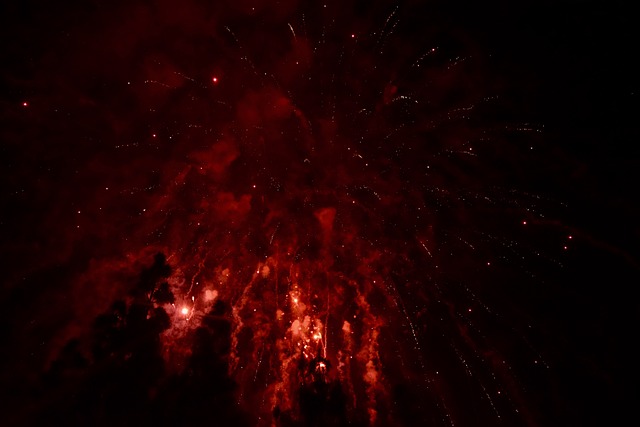
In the competitive Chicago real estate market, successful investment strategies are key. One approach gaining traction is the renovation and resale strategy, particularly effective for properties with potential, like those recovering from fire damage. For instance, a recent case study in Chicago’s Northwest Side involved an investor who purchased a distressed home after a fire. By focusing on structural repairs, modern updates, and strategic staging, they revitalized the property and sold it at a significant profit.
This strategy not only generates high returns but also contributes to urban renewal. Other investors have achieved success by identifying undervalued areas with growing appeal, such as Chicago’s former industrial districts. By anticipating future trends, like an influx of young professionals seeking unique urban living, these savvy investors secure properties at below-market rates and profit from the area’s revitalized landscape, especially when considering selling houses with fire damage in Chicago can be a lucrative opportunity due to rebuilding costs and insurance adjustments.
Legal and Financial Aspects: Preparing to Sell a House with Fire Damage in Chicago
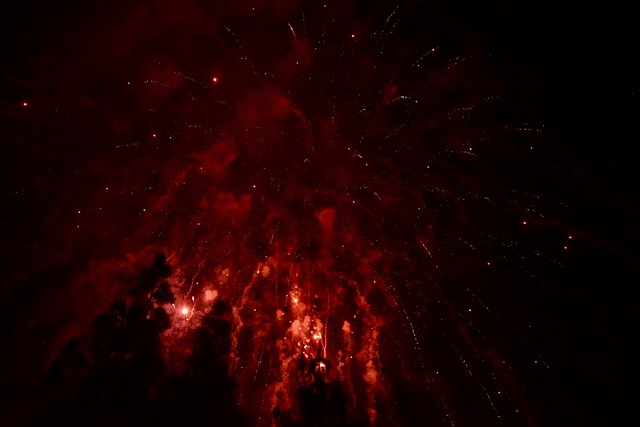
When preparing to sell a house with fire damage in Chicago, understanding the legal and financial aspects is crucial for investors. In Illinois, specific regulations govern property disclosures, especially when it comes to structural issues or damages caused by hazards like fires. Sellers must disclose any known defects, but if the damage occurred before ownership, buyers might be held responsible for repairs unless there’s clear evidence of negligence on the seller’s part.
Investors should conduct thorough inspections and consult with legal professionals to navigate these complexities. For selling houses with fire damage in Chicago, understanding insurance policies, potential claims, and market perceptions is key. Property values can be impacted by such damages, so investors need to factor in repair costs, negotiate strategically, and ensure all legal obligations are met to avoid future disputes or liability.
Chicago’s real estate landscape presents unique opportunities for investors, but navigating fire-damaged properties requires careful consideration. Understanding the market trends, assessing property values post-fire, and implementing successful investment strategies are key to thriving in this dynamic environment. When preparing to sell a house with fire damage in Chicago, addressing legal and financial aspects proactively ensures a smoother process. By staying informed and adopting strategic approaches, investors can make lucrative decisions while contributing to Chicago’s ever-evolving real estate tapestry.
